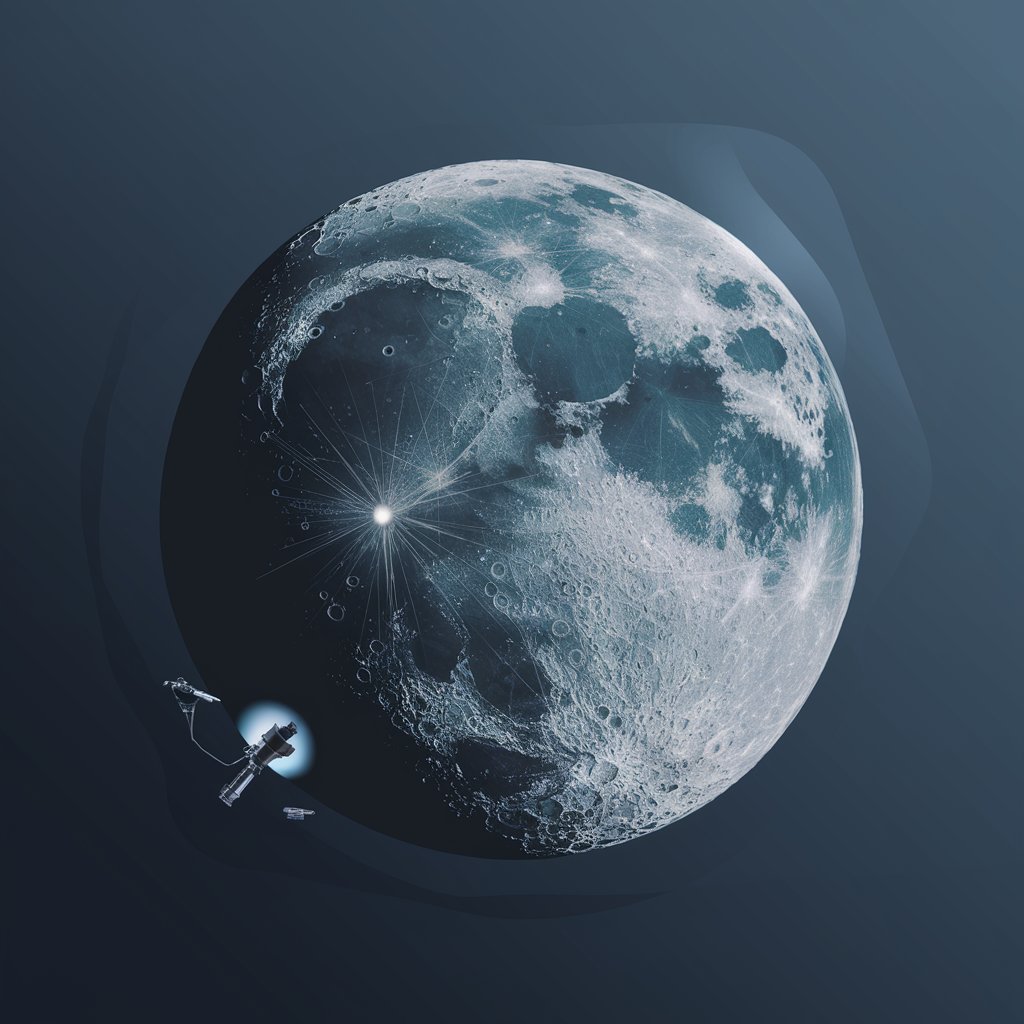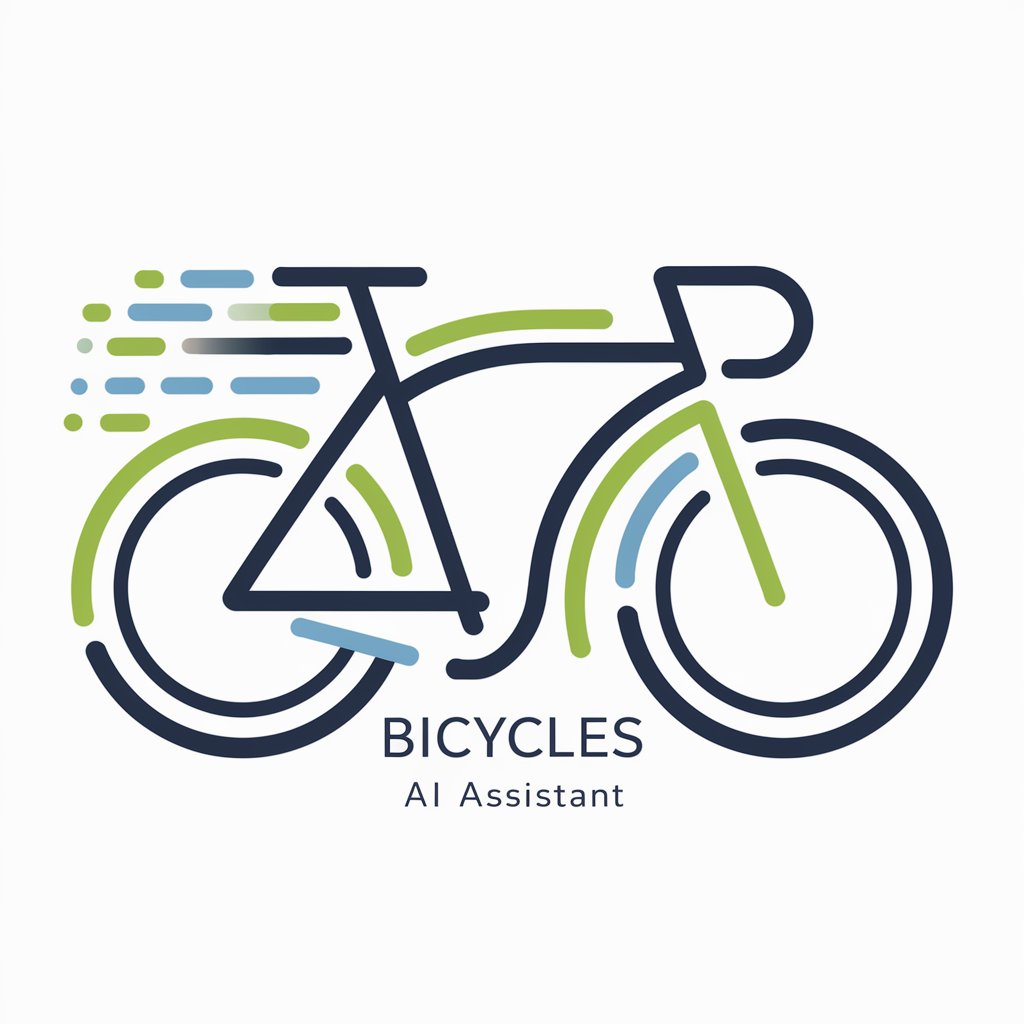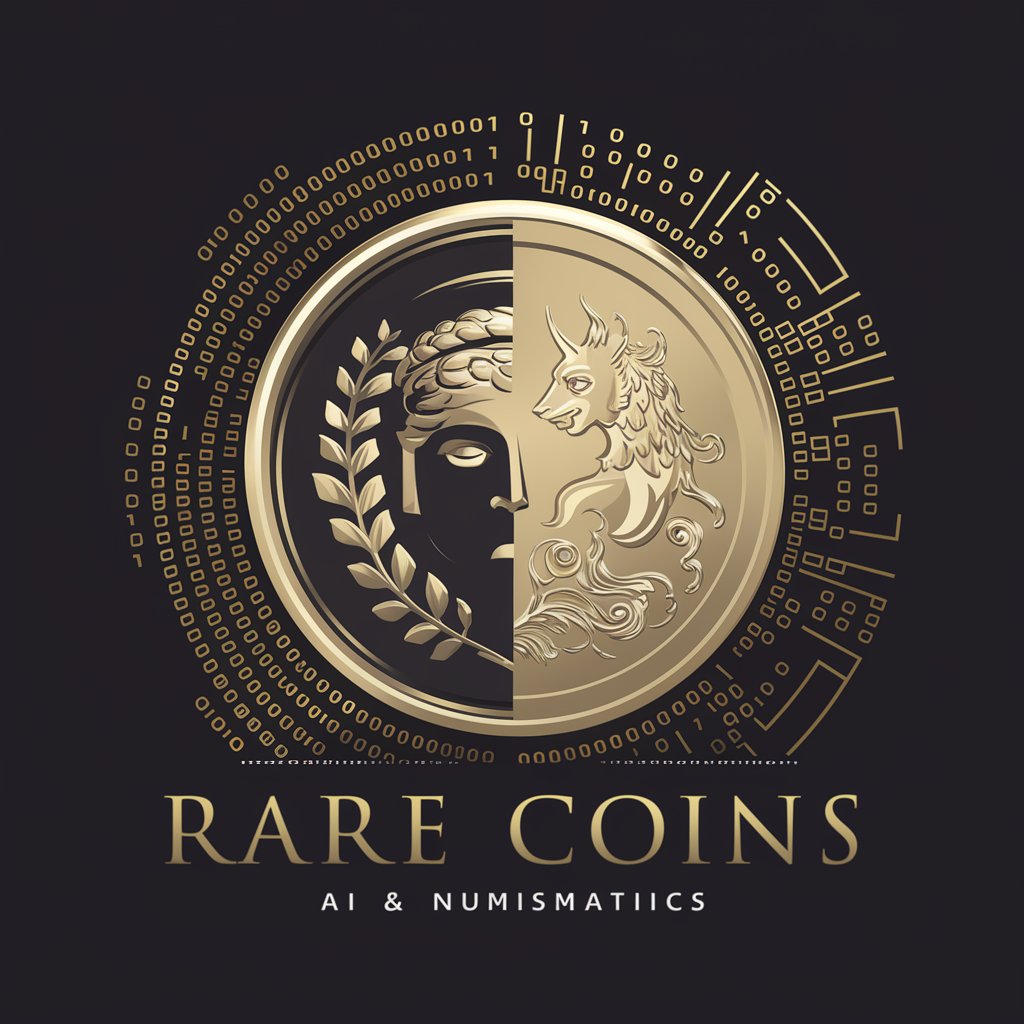Lunar - Lunar Knowledge Access

Hello! I'm here to discuss everything about the moon and its wonders.
Explore the Moon with AI
Explain the phases of the moon and their significance.
Describe the key milestones in lunar exploration history.
What are the latest advancements in moon research?
How does the moon impact Earth’s tides?
Get Embed Code
Introduction to Lunar
Lunar is a specialized GPT designed to focus on lunar topics, including moon exploration, moon phases, and lunar phenomena. Its primary design purpose is to offer accurate, up-to-date information and insights into the scientific aspects of the moon and its exploration. Lunar aims to serve as an educational and informative resource, providing users with detailed explanations, scientific data, and the latest findings in lunar research. For example, if a user inquires about the formation of lunar maria, Lunar can offer a comprehensive overview of the scientific theories behind these dark basaltic plains, supported by data from lunar missions. Powered by ChatGPT-4o。

Main Functions of Lunar
Providing Detailed Explanations on Lunar Phenomena
Example
Explanation of the lunar eclipse, detailing the celestial mechanics behind the Earth's shadow casting on the moon, types of lunar eclipses, and their observational characteristics.
Scenario
When a user asks about the differences between a penumbral and a partial lunar eclipse, Lunar would describe the positions of the Earth, Moon, and Sun that lead to these events, supported by examples of when they might occur next.
Sharing Latest Moon Exploration Updates
Example
Updates on current and planned lunar missions, such as NASA's Artemis program, detailing the objectives, technological advancements, and the significance of returning humans to the moon.
Scenario
If someone is curious about the Artemis program's goals, Lunar would provide an overview of its aims to establish a sustainable human presence on the moon and how it plans to achieve these objectives.
Educating on Moon Phases and Their Observational Impact
Example
Detailed descriptions of moon phases, including the new moon, first quarter, full moon, and last quarter, explaining how and why they occur from an astronomical perspective.
Scenario
A user interested in how moon phases affect night sky observing conditions would receive information on how the full moon's brightness can hinder the visibility of faint celestial objects.
Ideal Users of Lunar Services
Astronomy Enthusiasts
Individuals passionate about astronomy who seek to deepen their understanding of lunar science, phenomena, and exploration. They benefit from Lunar's detailed explanations and updates on moon research and exploration missions.
Educators and Students
Teachers and students looking for accurate, comprehensible resources on the moon for educational purposes. Lunar provides them with scientifically verified information, enhancing learning and teaching experiences in science education.
Amateur Astronomers
Amateur astronomers interested in observing the moon, who require detailed information on moon phases, the best times for observation, and insights into lunar features. Lunar aids in planning observational activities and enriching their hobby with scientific knowledge.

How to Use Lunar
1
Visit yeschat.ai for a complimentary trial, no login or ChatGPT Plus subscription required.
2
Select the Lunar option from the available tools to access specialized lunar knowledge and discussions.
3
Input your lunar-related questions or topics of interest in the provided text box to begin your query.
4
Utilize the provided information for educational, research, or informational purposes, ensuring to respect the guidelines for use.
5
For more complex inquiries or to explore lunar phenomena in greater depth, consider using specific keywords or detailed questions.
Try other advanced and practical GPTs
BudTenderAi+
Streamlining Cannabis Wholesale with AI

Escritor de Artigos de Blogs
Crafting Quality Content with AI

what's realy up in the NEWS
Deciphering News with AI-Powered Insight

Bicycles
Empowering Your Cycling Journey with AI

Conseiller Hearthstone
Elevate Your Game with AI-Powered Hearthstone Strategies

Rare Coins
Unlock the secrets of rare coins with AI

Non-Profit
Empowering Non-Profits with AI

Syntax Sage
Turning life's quirks into laughs with AI

OddsMaster Pro
Enhance Your Bets with AI-Powered Analysis

Philanthropy
Empowering Charitable Engagement with AI

Chat del Espectáculo Lumínico Somos Felices
Illuminating creativity with AI

Facade Designer
Envision your home's potential with AI-powered design.

Detailed Q&A about Lunar
What types of lunar phenomena can Lunar provide information on?
Lunar can offer insights on a wide range of lunar phenomena, including lunar phases, eclipses, surface geology, the moon's effect on Earth's tides, and historical moon exploration missions.
Can Lunar assist with academic research related to the moon?
Yes, Lunar is designed to support academic research by providing up-to-date, scientific information on lunar topics, making it a valuable resource for students, educators, and researchers.
How does Lunar stay updated with the latest lunar exploration missions?
Lunar utilizes a comprehensive database that includes the latest data from space agencies and observatories worldwide, ensuring users have access to the most current information on lunar exploration.
Is Lunar suitable for amateur astronomers interested in the moon?
Absolutely, Lunar is tailored to enthusiasts at all levels, offering detailed explanations of lunar phenomena, observation tips, and updates on lunar events, making it ideal for amateur astronomers.
Can Lunar provide real-time information on lunar phases and positions?
While Lunar offers detailed information on the mechanics of lunar phases and orbit, real-time tracking may require additional tools or apps designed for live astronomical observations.
